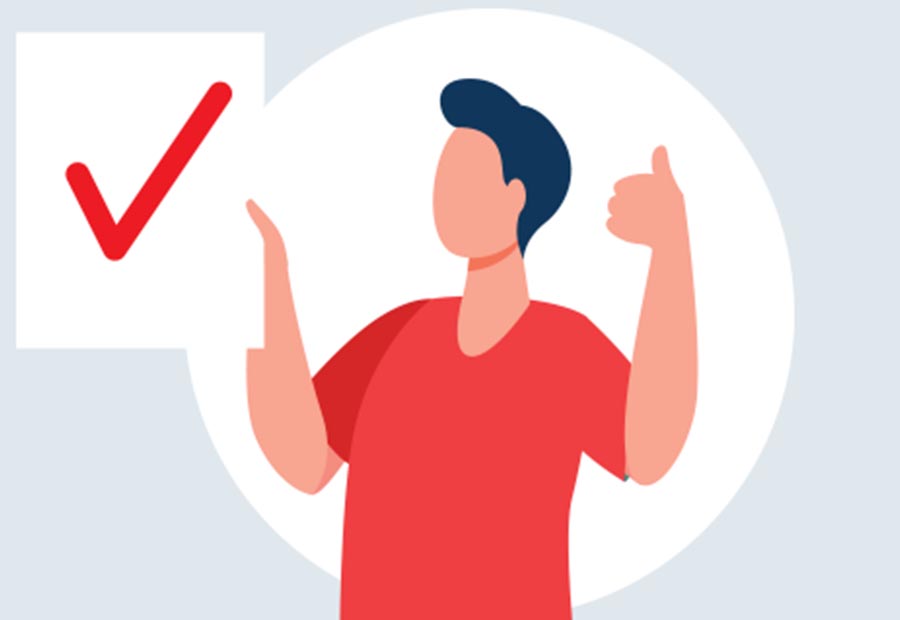News & Stories
Article
Resource
29 March 2024
Setting NDIS goals

Setting your NDIS goals is an important process and something that you should think about carefully.
Goals can help you increase your independence, become more involved in the community, and improve your health and wellness.
When you apply to the NDIS or have a plan reassessment with your NDIS Planner or Local Area Coordinator, they will ask you about your goals.
Your NDIS funding provides you with the supports you need for your disability. This can assist you in overcoming any barriers that are preventing you from pursuing your goals.
Getting prepared: make it personal
To work out what your goals are a good place to start is by asking yourself questions like:
- What do I enjoy doing? E.g. I like playing sports
- What would I like to improve in my life? E.g. I would like to communicate more clearly
- What would make me happy? E.g I would be happy if I could earn my own money
It might be helpful to have a friend or family member who is familiar with your needs, your passions, and the things you are interested in to help you come up with different ideas.
Include the basics
The next step is to make sure the goals you’ve set will help you achieve the right outcomes. Do your goals:
- allow flexibility? – be specific, but not too specific (instead of learning to cook Chinese food, simply say “I’d like to learn to cook.”)
- help you improve areas of your life?
- develop self-reliance, confidence, and independence?
Types of goals your NDIS can help you achieve
- Finding and keeping a job
- Having better relationships
- Gaining more independence
- The ability to manage your own money
- Having a good social life
- Playing sports
- Learning to drive
- Feeling confident catching public transport
- Having better communication skills
- Choosing where you live
Time to set your goals: short-term, medium-term, and long-term
When you are ready to set your goals, consider what you would like to achieve over different time periods.
Short-term goals are those that can be achieved within 12 months, which is generally the duration of most current NDIS plans. However, you can set your short-term goals with more long-term goals in mind. For example, you could have a long-term goal of “finding and keeping a job”, and to achieve that, your short and medium-term goals might be to learn basic computer skills, become a more confident communicator, and update your resume.
What supports do I need?
Once you have defined your goals, it’s time to think about the supports you need to help you achieve them. For some goals, you may need a mix of informal supports from friends and family, as well as formal supports from a NDIS provider.
You may also need support from mainstream or other community services to achieve your goals.
If you need assistance to put your supports in place, you will probably have Support Coordination in your NDIS plan.
Necessary supports could include sessions with a sports physiologist, seeing a speech therapist, doing a computer course, or finding someone to help you write your resume.
It might take a while, but setting meaningful goals now, will help you get the most out of your NDIS plan, and keep you moving towards your goals.
See more information on setting your goals, or contact our team to find out which Help services can support you to achieve them!
Give us a call and one of our friendly team members will be in touch shortly
We’re here to help!
Our Locations
With over 40 locations across Southeast Queensland, we’re nearby for when you need us.
Find your nearest location